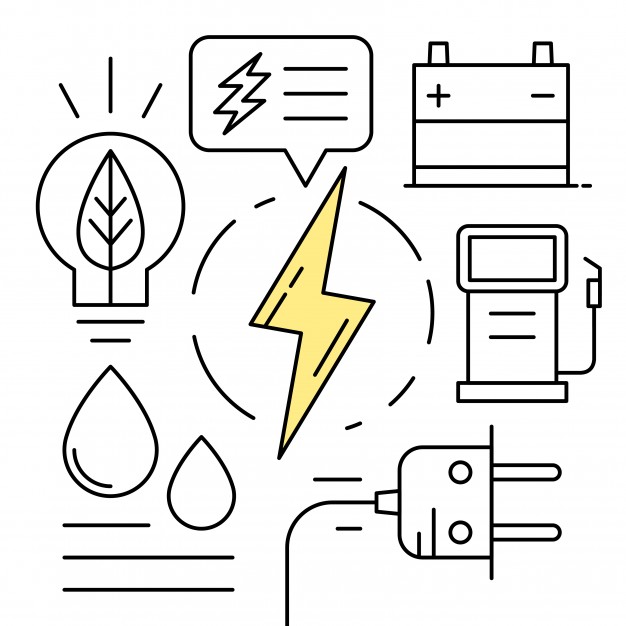Central Europe becomes the EU’s e-car battery supplier
15/02/2021

In late 2020, the value of export of lithium-ion batteries reached some €400M a month, and they now account for as much as 2 percent of all Poland’s exports. That amounts to almost a third of European demand for electric vehicle batteries.
“Poland is very high up in the supply chain for the electric car sector. It is the fifth-biggest global supplier of lithium-ion car batteries or their components and the biggest one in Europe,” said Jan Wiśniewski from PSPA, Poland’s e-mobility and alternative fuels association.
Other Central European countries are also home to a growing number of battery plants, closely tying the region to the Asian companies that dominate the market.
Poland’s scale is mostly due to an LG factory in Kobierzyce in the southwest of the country. The Korean company’s facility is Europe’s biggest factory of batteries for e-vehicles, producing 20 gigawatt-hours’ worth a year. It’s on course to become the biggest globally after the company announced a Polish government-supported €300 million expansion to produce 100 GWh worth of batteries a year. That is an estimated 60 percent of Europe’s current demand.
LG is not the only manufacturer choosing Poland to make lithium-ion car batteries or related products. Belgium’s Umicore is planning to build a battery component factory in central Poland and another one in Radzikowice in the southwest.
Electric vehicle (EV) manufacturers are also eyeing other Central European countries. Korea’s SK Innovation said last month that it plans to spend $2.3 billion to build a 30 GWh plant in Hungary; it already has two, one of them producing 7.5 GWh of batteries a year and another making 10 GWh. Slovakia’s InoBat Auto aims to build a 10 GWh plant in conjunction with Wildcat Discovery Technologies of the U.S.
Central Europe looks to replicate the model that made it a force to be reckoned with in the production of gasoline and diesel cars. The region doesn’t have any significant domestic carmakers, instead it’s relied on its cheap but skilled labor and close ties to carmaking hubs including Germany to build up huge car industries.
Read full article on Politico
